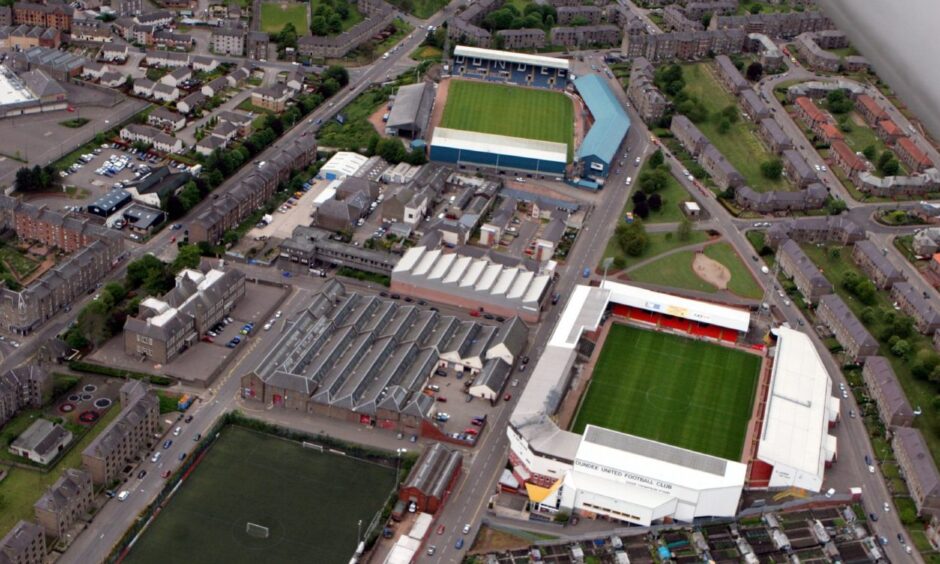
Dundee United and Dundee fans squirm at the thought of a ground-share between the clubs.
But this month marks 25 years since talks to merge the two city giants emerged publicly, sparking fury among the Dark Blues and Tangerines faithful.
The club would have been called Dundee United City and played in tangerine.
Former SPL chief executive Roger Mitchell later claimed: “I was in the middle of this with Jim McLean and the Marrs, and the merger was just about done.
“There was the name, the strip they would play in…there was everything.”
Ultimately, it did not come to fruition – and it was not the first time such plans had fallen flat.
In May 1991 Dundee chairman Angus Cook tried to buy Dundee United for £4 million after failing to strike a deal over ground sharing.
The deal was a non-starter and Cook eventually sold his 82% stake.
Then along came Ron Dixon in 1992 who felt the city could sustain only one team and dreamed up big plans of taking over Dundee United and amalgamating the two teams.
Dixon got no real backing from his counterparts at Tannadice – but the most significant merger proposal was only a few years away.
‘We are battling against each other’
Lifelong fans Peter and Jimmy Marr eventually took control in 1997 with the Dark Blues back where they were when Dixon arrived – out of cash and in the First Division.
The Marr brothers returned the club to the top flight but were facing the prospect of relegation in 1999 unless Dens Park became all-seated by the July 31 deadline.
The crippling cost of redevelopment forced Dundee to consider a merger in February 1999 with the SPL’s rules opposing a ground-sharing agreement.
Dundee and Dundee United publicly dismissed rumours they were discussing a merger although there was privately support within both boardrooms for the idea.
Peter Marr “indicated a willingness to discuss the matter” with Jim McLean.
A telephone poll in the Evening Telegraph then showed that 58% of readers were in favour of the city rivals “joining forces in an attempt to produce one super club”.
The front page described phone lines “ringing red-hot” from Wednesday until Saturday with a “staggering 2,647 calls” made in a vote which attracted national headlines.
“Your poll is very interesting and the result does not surprise me because people are becoming aware this is something that’s got to be done,” said Peter Marr.
“Looking at the result, I’d even suggest the margin in favour was probably greater.
“People voting yes will have called once, a few voting no will have called a few times.
“I know of one girl who voted 10 times just because she does not want to lose her club and I can understand the strong feeling she had.”
Marr was adamant the move was necessary.
“Quite honestly, the standard of football being produced by both clubs is not what people want to watch,” he said.
“When the league is re-organised next year, its all going to be about getting into the top six at the mid-season split and, at the moment, neither ourselves nor United can expect to do that.
“We are all Dundonians, but we are battling against each other to achieve the same thing and to me that is quite silly.”
United publicly maintained a “business as usual” stance.
A club spokesman said: “We share the same street and some of the same views as the Marrs and in the past have worked closely on a number of areas of common interest.
“Given the warm relationship, if Peter requested a meeting with us I do not think that would be a problem, but I would stress again that we meet with Dundee regularly and absolutely nothing should be read into it.”
Merger talks meant sleepless nights for fans of Dundee FC and Dundee United…
The Evening Telegraph’s poll was grabbing the headlines but Dundee manager Jocky Scott said it was a case of wrong time, wrong place.
“If there was a time to do it, for me it was in the later part of the 1980s, before United had done up their stadium and when both teams were on a par on the park and doing well in the Premier League,” he said.
“A lot has changed since then and I cannot see any merger taking place, in the short term, at least.”
Dundee Supporters Association chairman Norrie Price said he was distraught when he heard Peter Marr “agreed” with the findings of the Evening Telegraph poll.
“I must admit I didn’t get much sleep last night,” he said.
“My wife told me I should not be losing sleep over this because it is not my club, but my feelings are it is not just mine, or Peter Marr’s, but the property of a lot of people and it would be terrible if we lost it.
“I honestly do not think we need to merge, and my message to Peter is that he should stick with it.
“I’m convinced we are on the way up and if we can stay in the Premier League this season the club can be a force again.”
The Federation of Dundee United Supporters Clubs said there would never be a consensus for joining forces with Dundee.
Pressure group United for Change also opposed any merger.
Businessman Eddie Thompson also said he would drop his interest in purchasing United if they started the following season under the Dundee City banner.
Feeling were running high.
Protest against any merger of Dundee’s football clubs
Around 100 Dundee fans stayed behind at Ibrox following a 6-1 defeat to Rangers to protest with a bigger anti-merger demonstration planned for the next game.
They viewed any move to Tannadice as a “takeover by United”.
Battle lines were drawn.
The merger debate ended abruptly on February 23 with the arrival of a Dundee FC statement that preceded a similar one from Dundee United by just a few minutes.
These were still the days when statements arrived by fax machine.
It ran to over a page, but the vital words for the fans came in the first few sentences, which read: “Dundee Football Club would like to confirm it is not planning to merge or ground-share with Dundee United.”
The Dundee board reiterated its commitment to the redevelopment of Dens.
For their part, United made it clear the only way they felt a coming together could be viable was through a takeover, but accepted that was an option Dundee and their fans would have been unable to accept.
Both, bizarrely, denied the very existence of any talks on amalgamation.
McLean wanted merger, claimed Mitchell
The Bob Shankly and Bobby Cox stands were later built at either end of the ground to meet the SPL’s required seating capacity and the merger was forgotten about.
For now.
In 2009, Roger Mitchell, former chief executive of the SPL, claimed a merger was discussed and just about complete, in the documentary The Football Years.
He said: “I had to be really hard with Dundee in the first year because they didn’t have their stadium, and I had to threaten them with being expelled from the league.
“But it pushed them towards (a) merger with United.
“I was in the middle of this with Jim McLean and the Marrs, and the merger was just about done.
“There was the name, the strip they would play in… there was everything.”
Mitchell claimed a backlash by fans persuaded Marr that this was a step too far.
“Jim McLean, who really wanted the merger – and the proof is there – asked me in every way to get that back on the table,” Mitchell claimed.
“But Peter wasn’t for it.”
The former league boss – who quit his SPL role in 2002 – reiterated his claims during a Twitter conversation following the broadcast, posting: “Mooted?
“It was done and dusted on Friday. Off, on Monday.”
For fans of both clubs, the sleepless nights were over and they could dare to dream again.
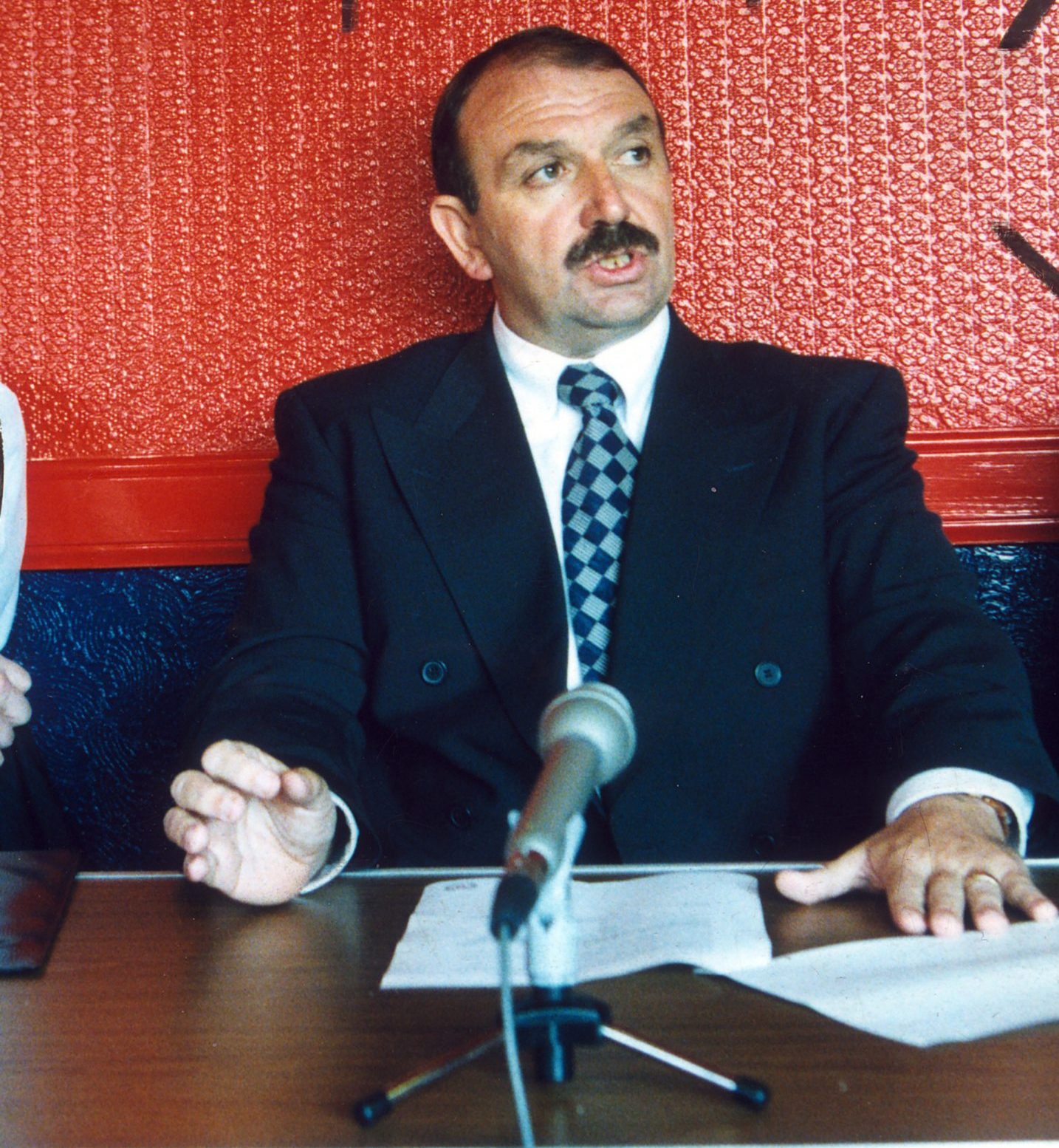
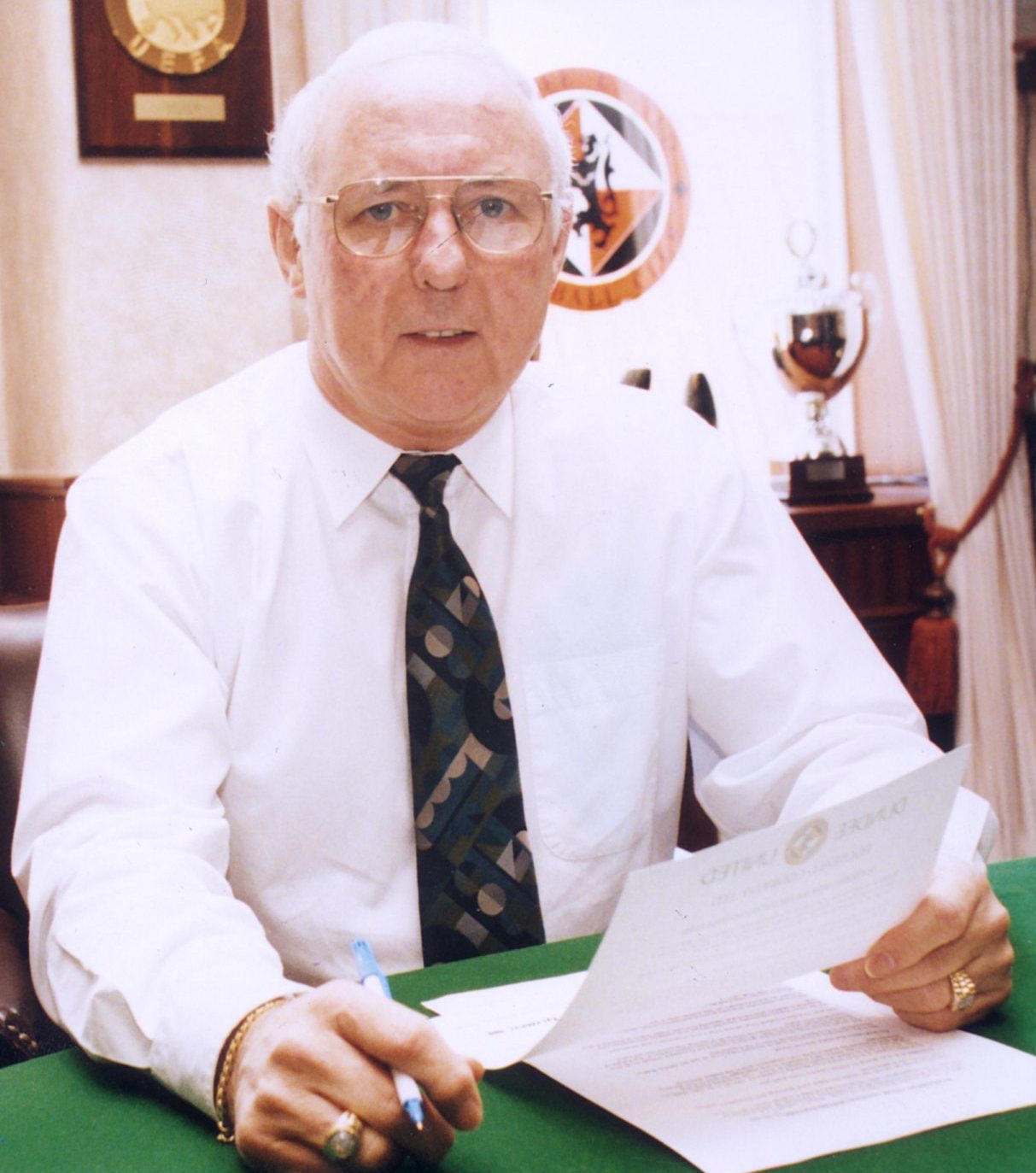
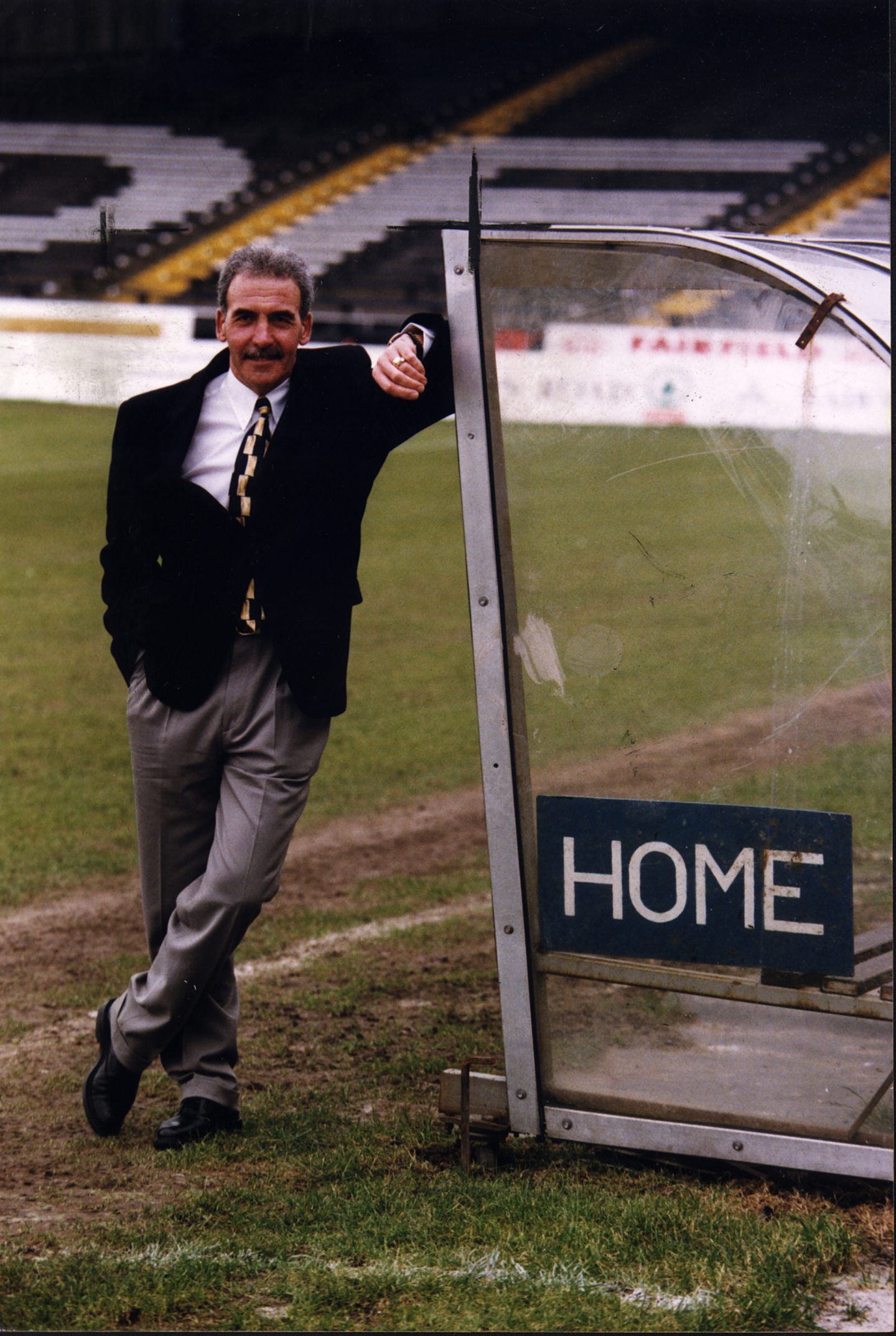
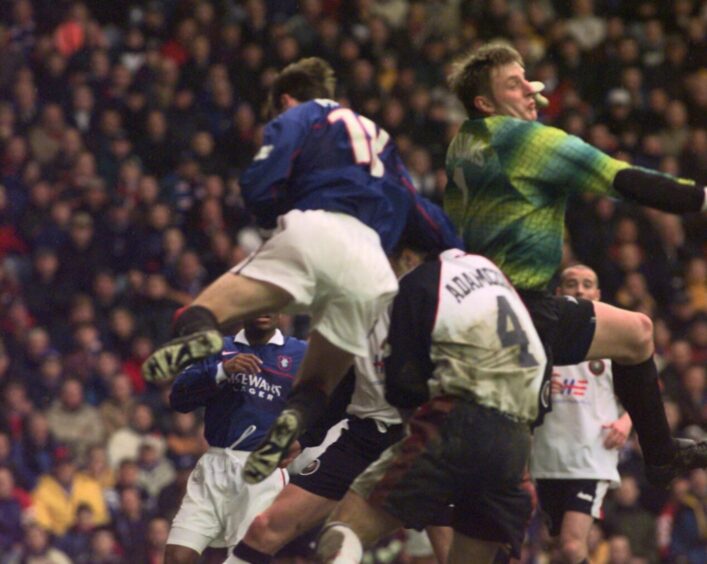
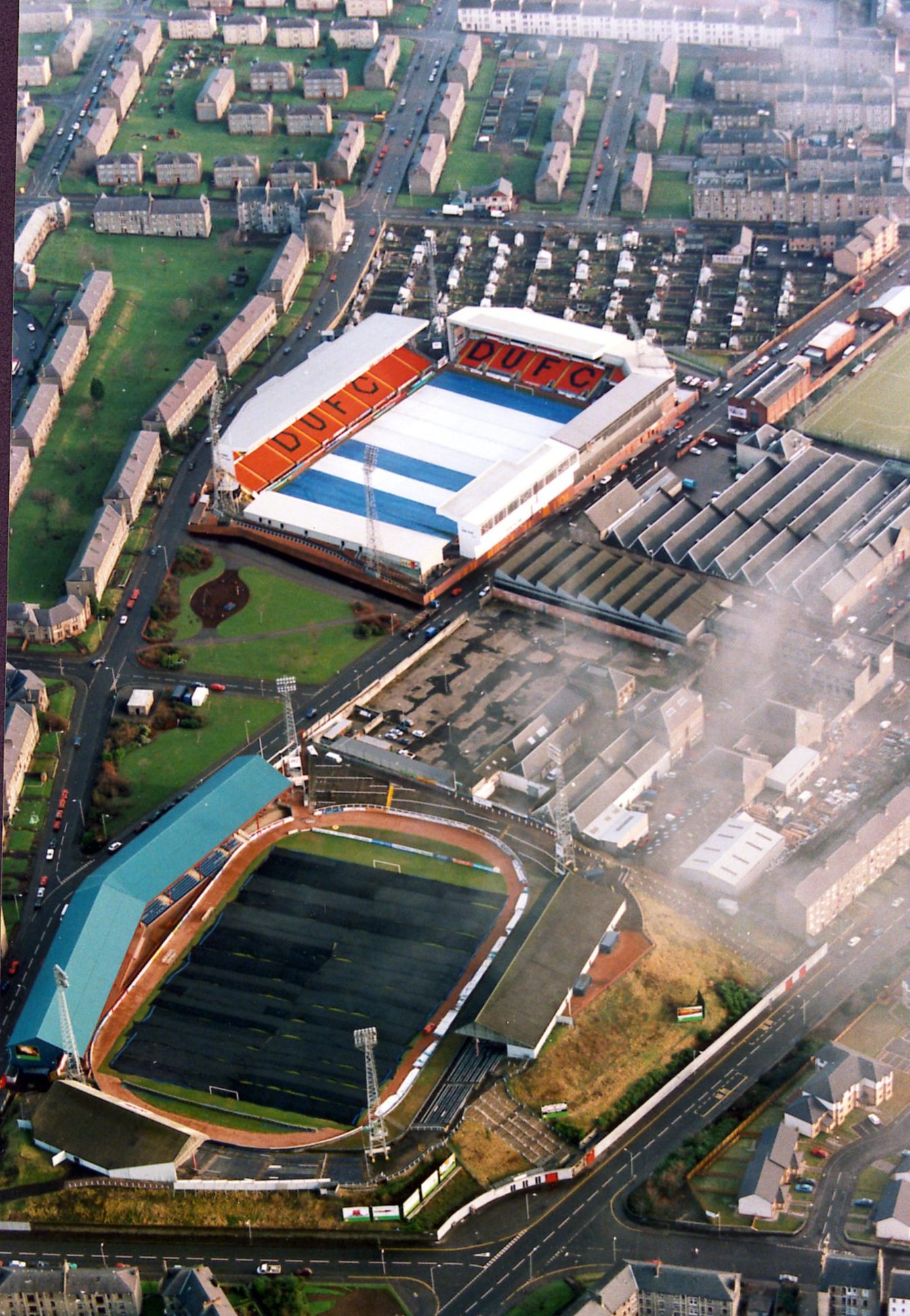
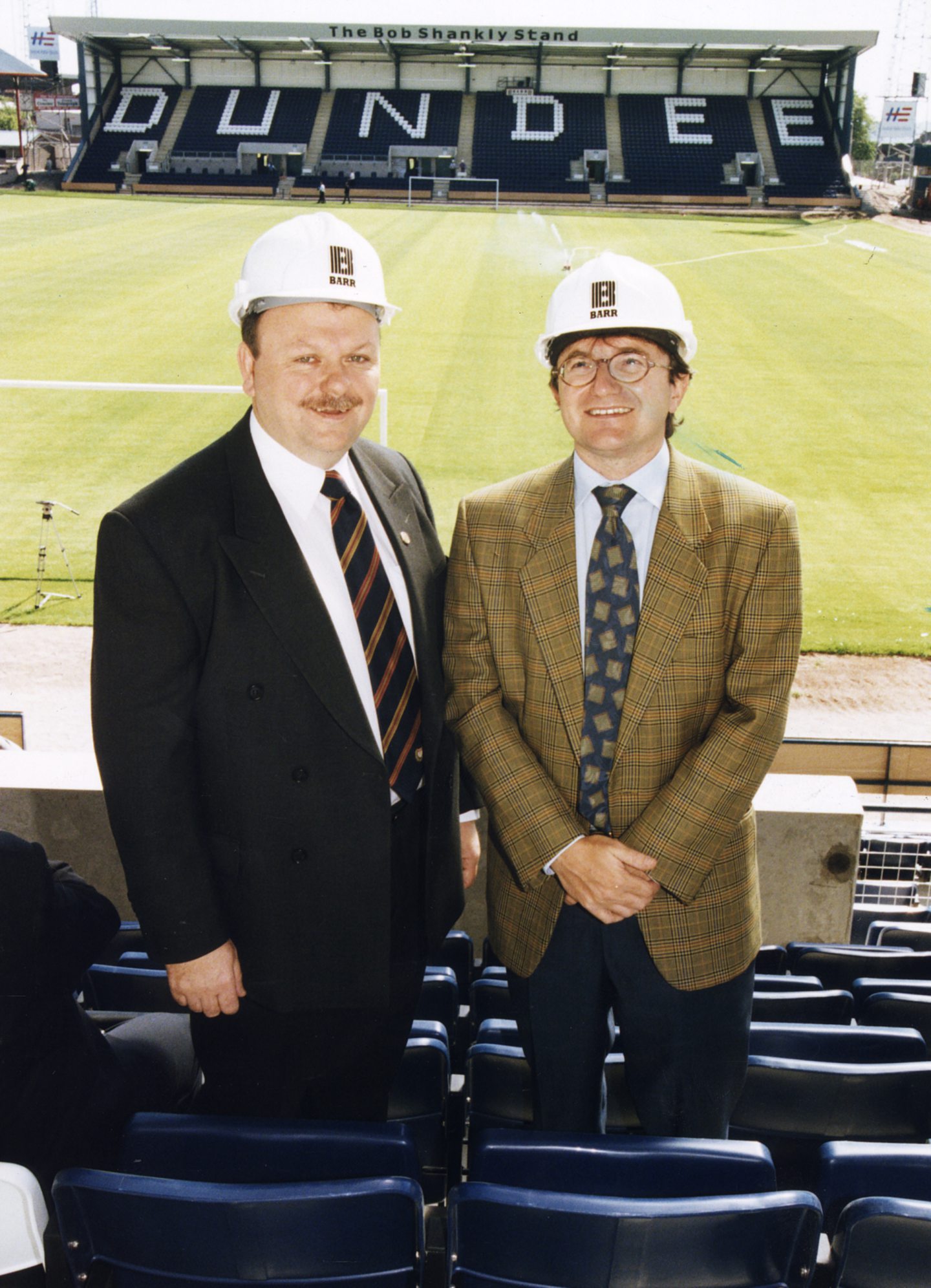



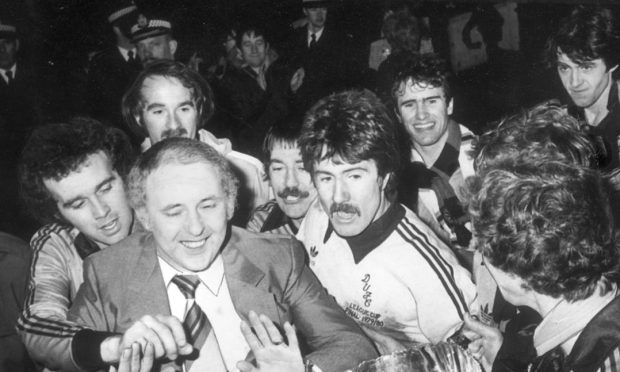


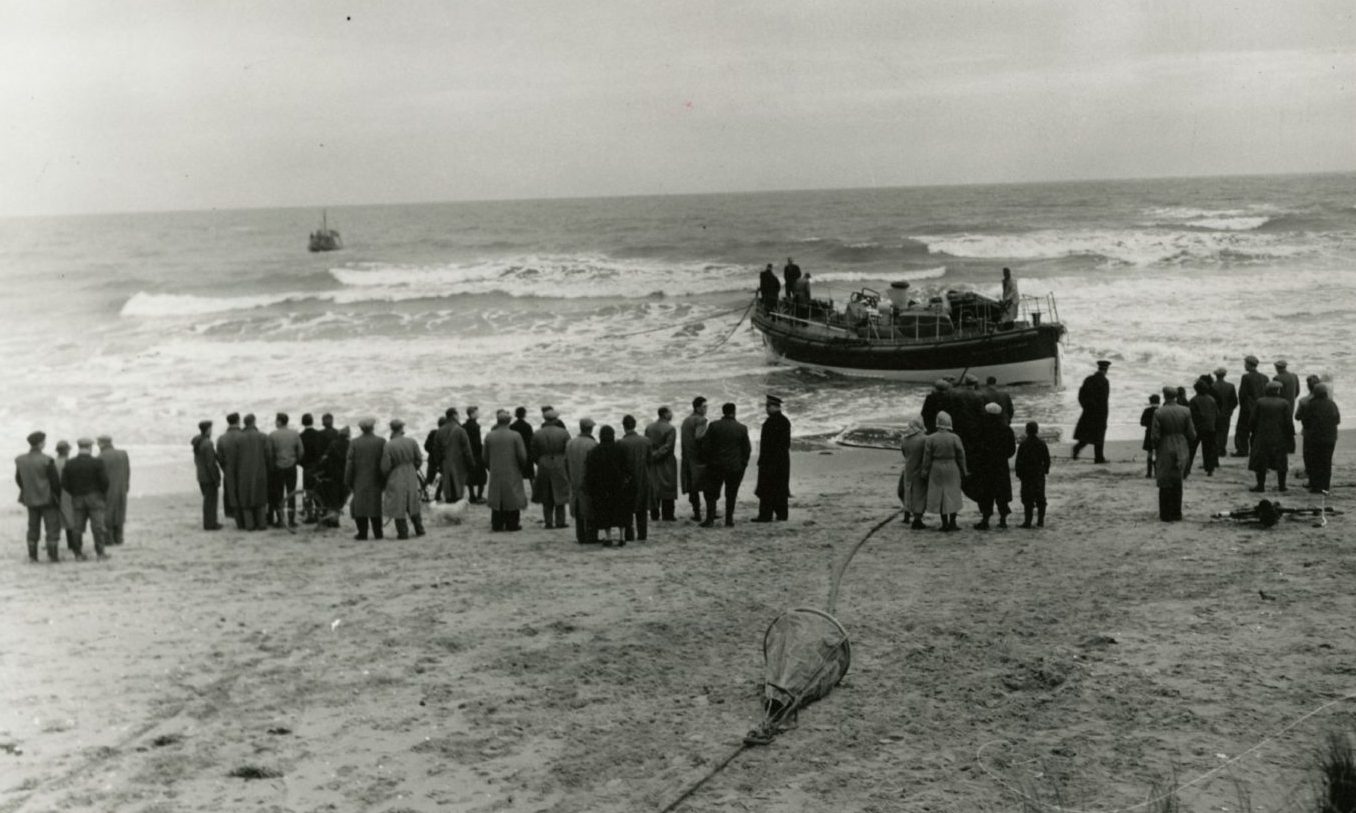
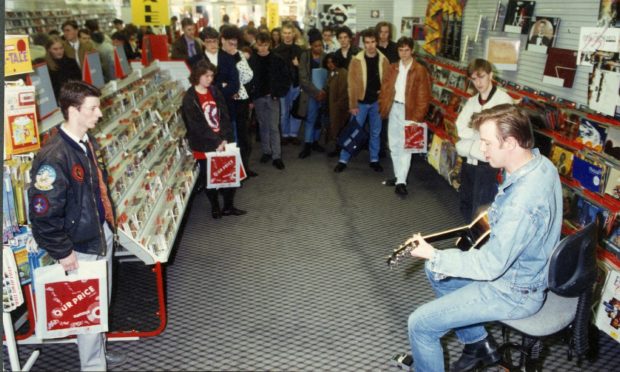
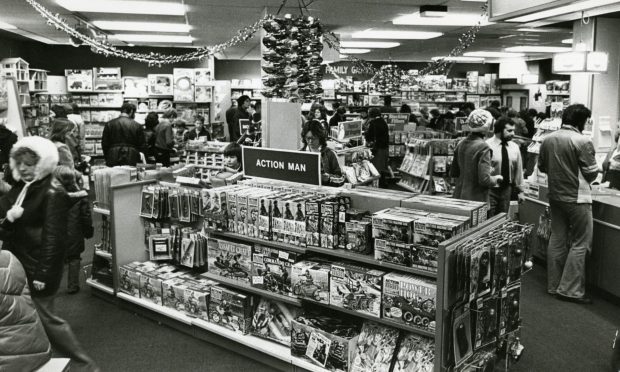
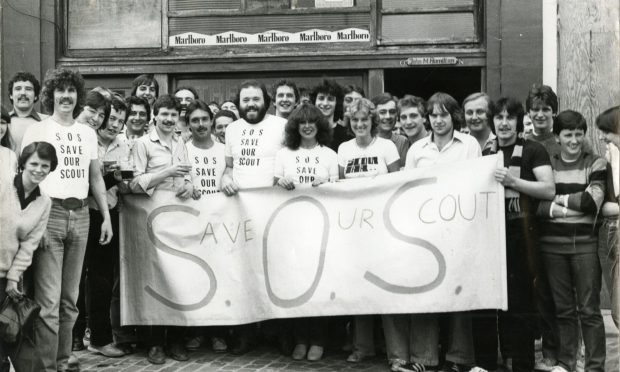
Conversation